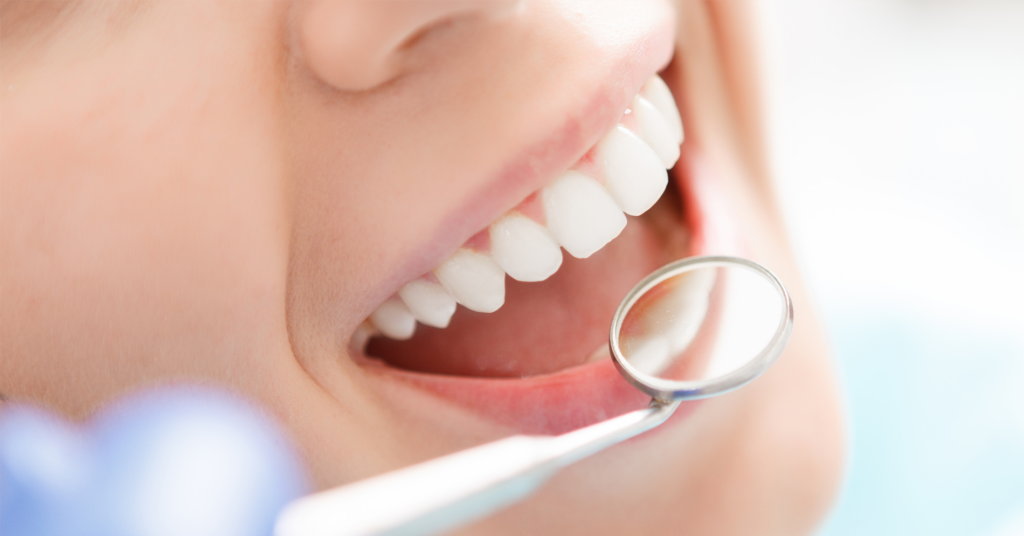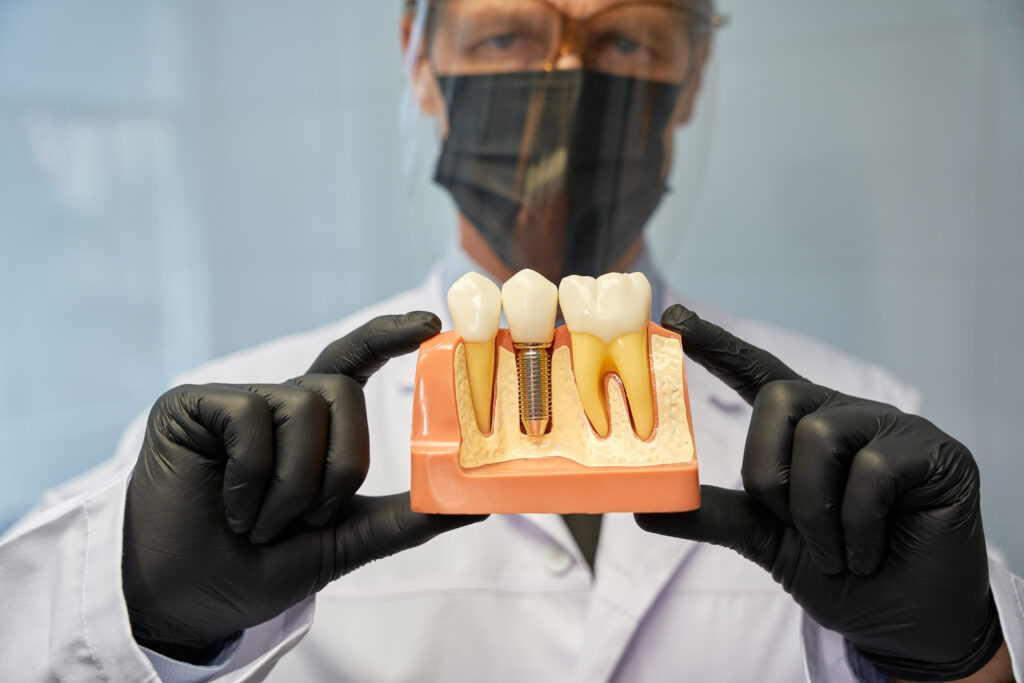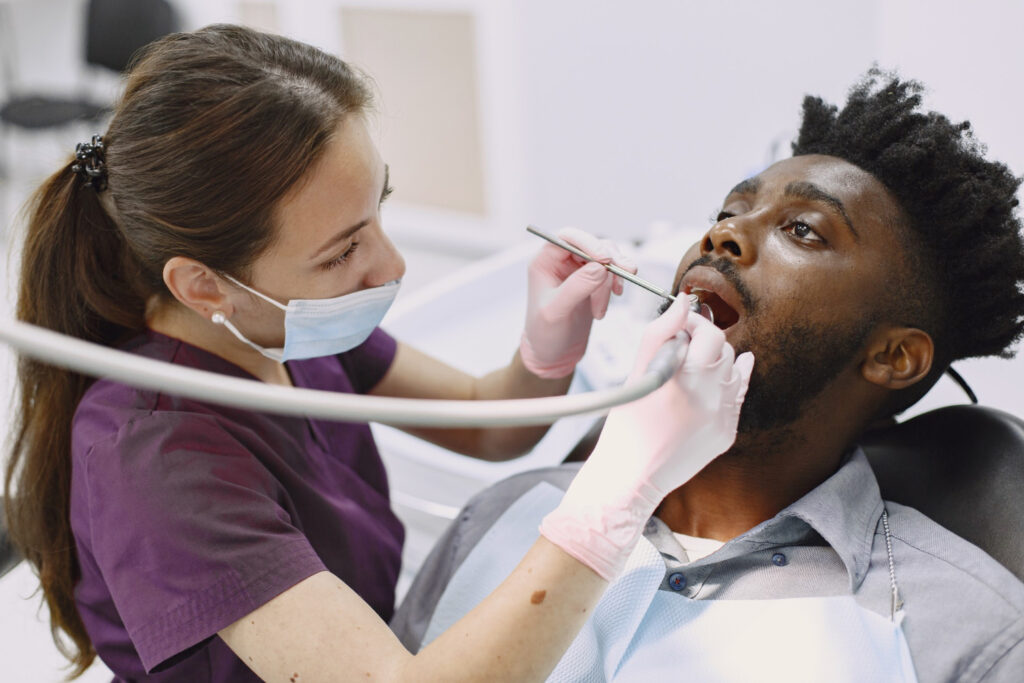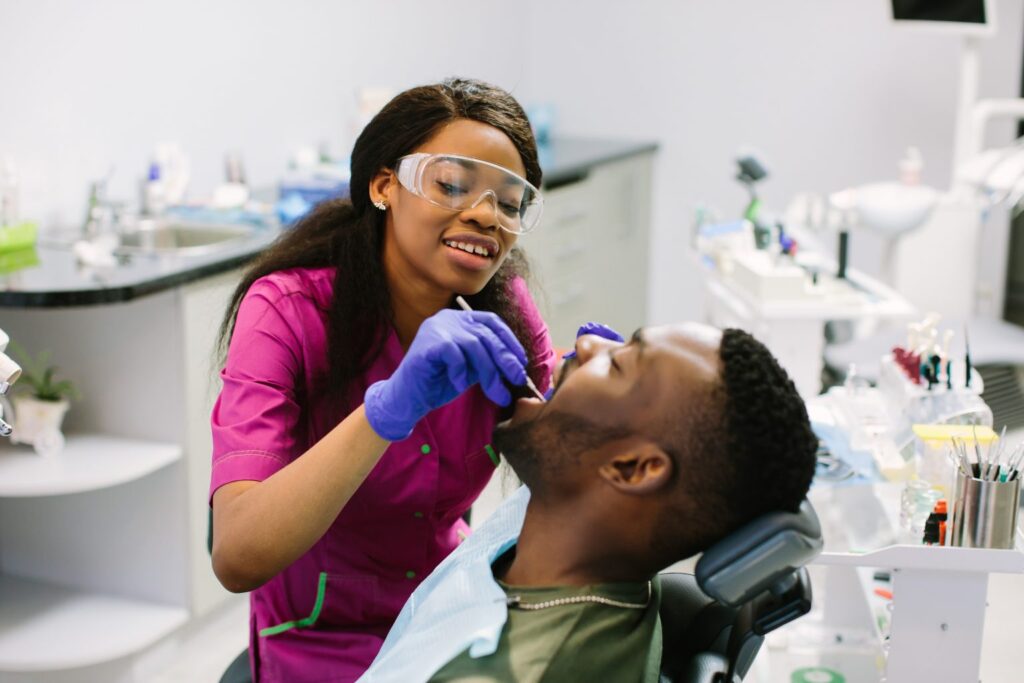
Brushing 2-3 times per day with a soft-bristled brush and flossing once per day are foundational to excellent oral health. These alone, along with routine dental visits, are often enough to keep your mouth happy and healthy.
However, many people add in mouthwash to further ensure their oral health. So is it worth adding mouthwash to your routine if you don’t already use it? Or can you skip it and save a few bucks without worrying about your oral health?
Types of Mouthwash
In general, the two types of mouthwash are therapeutic and cosmetic.
Cosmetic mouthwash often has a pleasant taste and temporarily leaves your breath fresh and clean, but it doesn’t contain any ingredients that can kill bacteria that actually causes the bad breath. Of course, they can also wash away some debris and food particles by virtue of being a liquid.
On the other hand, therapeutic mouthwash does contain ingredients that, at a biological and chemical level, kill bacteria and help prevent tooth decay and gum disease.
Active ingredients differ between therapeutic mouthwashes, with each type of active ingredient helping in a different way.
- Cetylpyridinium chloride: Helps reduce bad breath.
- Chlorhexidine: Helps kill bacteria. Only available with prescription.
- Essential oils: May help eliminate bacteria in the mouth.
- Fluoride: Helps prevent tooth decay (also found in fluoridated toothpaste and water.)
- Peroxide: Helps whiten teeth.
That said, there is some crossover between types of therapeutic products. Some therapeutic mouthwashes contain multiple ingredients to, for example, whiten teeth while killing bacteria and freshening your breath.
Conditions Where Mouthwash Might Help
Mouthwash may be designed to address several dental issues, including but not limited to the following.
- Dry socket: A common condition following dental extraction procedures. Mouthwash may kill the bacteria that dislodge a post-operative blood clot.
- Bad breath: Various factors, ranging from bacteria to food breakdown contribute to bad breath. Mouthwashes may include anti-microbial compounds to address one source of the bad breath, as well as other substances that simply mitigate odors.
- Whitening: Mouthwashes with hydrogen peroxide or carbamide peroxide can whiten teeth with regular use due to the presence of peroxide.
- Tooth decay: Many mouthwashes contain fluoride, which helps to remineralize the tooth enamel and fight back against decay.
- Plaque and gum disease: Mouthwashes can contain anti-microbials that kill plaque-causing and gingivitis-causing bacteria.
Mouthwash: It IS Beneficial, But…
Mouthwash can be beneficial to plenty of people, assuming they get the best type for their specific dental needs. For example, someone looking to whiten their teeth may get a product with peroxide as the main active ingredient.
That said, mouthwash is never a full replacement for brushing and flossing. You still want to brush and floss first — then, use your mouthwash for good measure to flush out loose particles and get rid of bacteria (or use as directed by your dentist if it’s a more special-purpose mouthwash). Make sure whatever product you get has the ADA seal of acceptance on it, too.
Oh, and don’t forget to visit your dentist routinely. Even the best brushes, flossers, and rinsers may miss a spot, and your dentist can ensure those areas are clean. Schedule an appointment with Absolute Smile today — all new patients get a free consultation.







